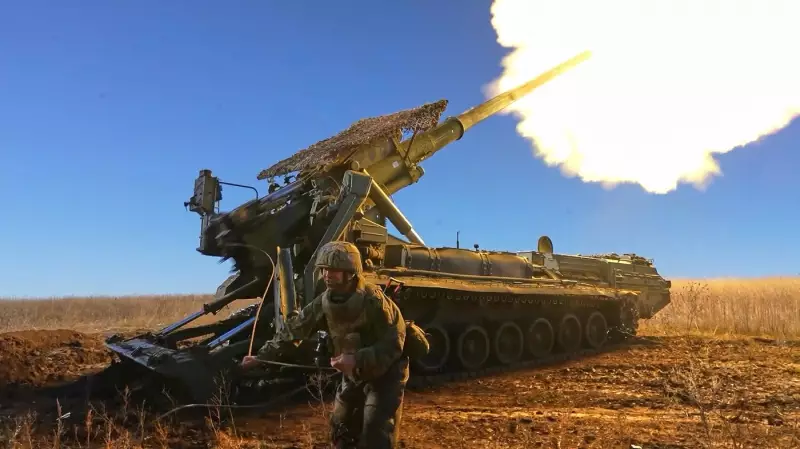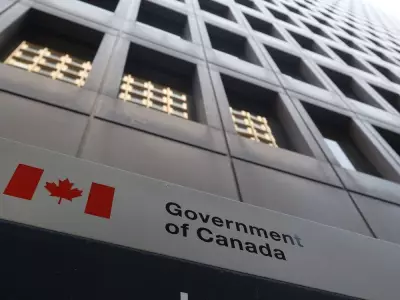
European Union Escalates Response to Russian Actions
The European Union has implemented significantly tighter visa restrictions for Russian citizens, marking a substantial escalation in the bloc's response to Moscow's ongoing military campaign in Ukraine and related security concerns. This decisive move comes amid growing evidence of Russian involvement in various acts of sabotage across European territory, creating new tensions in an already strained relationship between Brussels and Moscow.
Context and Rationale Behind the Decision
European officials confirmed the new restrictions were approved following extensive deliberations among member states, with the measures specifically designed to address what the EU describes as "unacceptable Russian aggression in Ukraine and beyond." The visa crackdown represents one of the most direct personal consequences for Russian citizens since the conflict began, potentially affecting thousands of travelers, business professionals, and students seeking entry into the 27-nation bloc.
Meanwhile, recent visual evidence from the conflict zone underscores the ongoing intensity of fighting. Russian Defense Ministry footage dated November 6, 2025 shows Russian artillery units operating Malka self-propelled guns against Ukrainian positions, though the exact location remains undisclosed for operational security reasons.
Broader Implications and International Reactions
The visa restrictions form part of a broader pattern of Western responses to Russian military activities. Diplomatic sources indicate the measures specifically target individuals with suspected ties to Russian security services or those believed to be involved in coordinating sabotage operations abroad. The decision follows what European intelligence agencies have described as a noticeable increase in Russian-sponsored hybrid warfare activities, including attempted infrastructure disruptions and cyber attacks targeting critical services.
Notably, the announcement coincides with heightened concern within Russian diplomatic circles over the unexplained absence of Foreign Minister Sergey Lavrov from recent high-profile engagements. While Moscow has offered no official explanation for Lavrov's non-appearance, the situation has generated considerable speculation among Russia-watchers about potential health issues or significant policy disagreements within the Kremlin's inner circle.
The EU's visa restrictions are expected to further complicate already challenging Russia-Europe relations, with potential repercussions for business exchanges, academic collaborations, and family connections that have managed to persist despite previous rounds of sanctions. European officials emphasize the measures are carefully calibrated to maximize pressure on Russian decision-makers while minimizing unnecessary hardship for ordinary citizens caught in the geopolitical crossfire.





